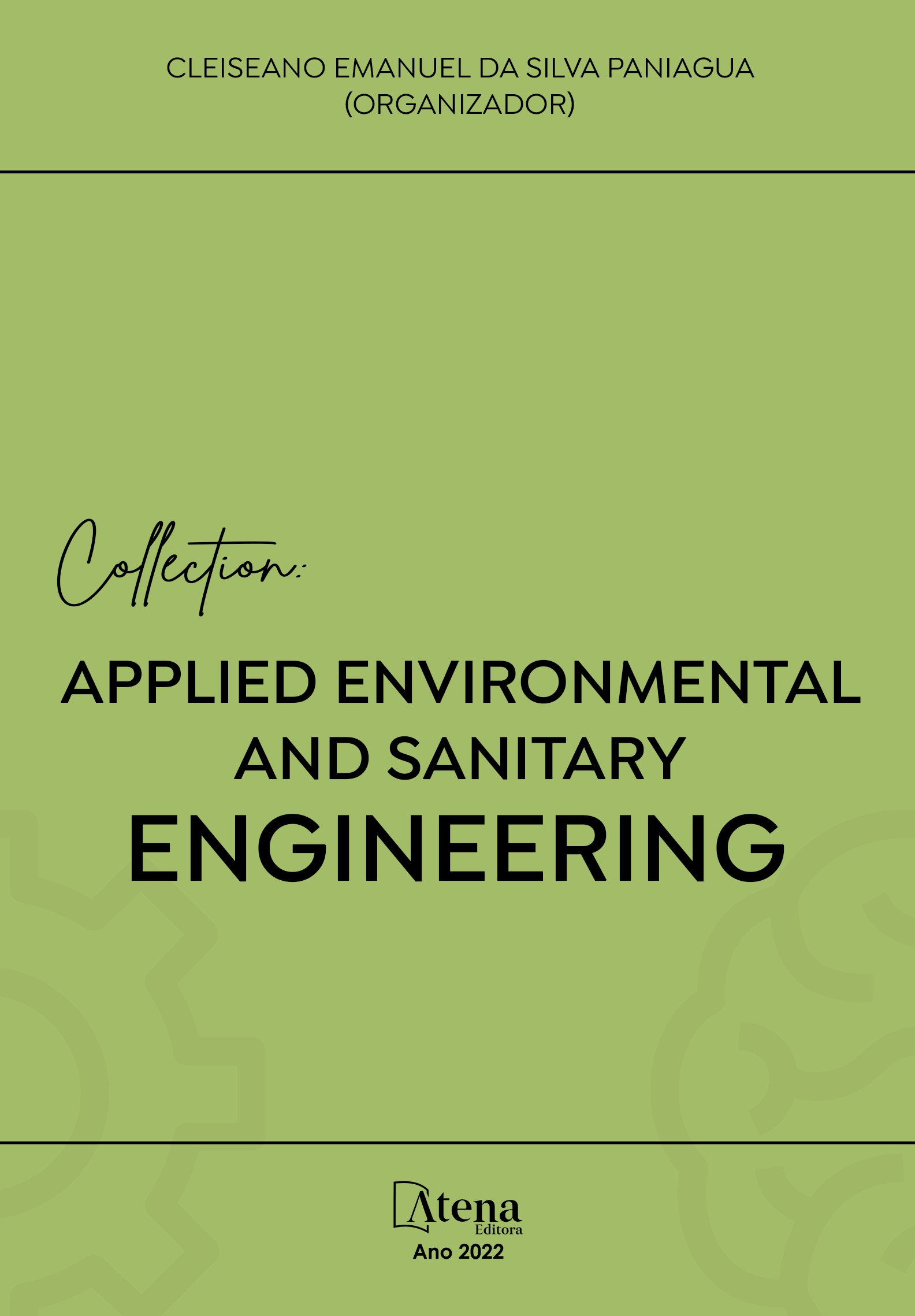
QUANTIFICAÇÃO DOS RESÍDUOS QUÍMICOS (MEDICAMENTOS VENCIDOS) GERADOS EM UM HOSPITAL ESCOLA LOCALIZADO NO INTERIOR DO ESTADO DE SÃO PAULO
A geração de Resíduos Sólidos (RS) vem crescendo apesar da Política Nacional dos Resíduos Sólidos (2010), produzindo os impactos do manejo inadequado dos RS na saúde pública, e no meio ambiente. O presente trabalho objetivou o gerenciamento dos resíduos químicos (RQ) gerados no Centro Cirúrgico (CC) e no Ambulatório de Especialidades e Pequenas Cirurgias (AEPC) em um Hospital Escola (HE) de Ribeirão Preto/SP, descartados nos anos de 2016 a 2020. Assim, especificou-se os principais tipos e quantidade de RQ descartados, através da segregação dos medicamentos vencidos (classe B) que foram encaminhados ao Laboratório de Resíduos Químicos (LRQ) pela Farmácia Hospitalar. As etapas realizadas pelo LRQ, constitui-se de: coleta, caracterização, pesagem, segregação e destinação final adequada. Na coleta, o setor gerador acondicionou os RQ no recipiente adequado exigido pela Agência Nacional de Vigilância Sanitária (ANVISA), acompanhado da Ficha de Recebimento preenchida para o envio e identificação dos RQ no LRQ. Após o gerenciamento dos RQ realizado, no CC e no AEPC, os resultados revelam que de 2016 a 2020 no CC e no AEPC, foram descartados 546,97kg de resíduos químicos. Em 2016 obteve-se 45,27kg, representando 8,28% do total. Em 2017 apresentou-se 53,54kg, que representa 9,79% do total. Entretanto em 2018, o total foi de 50kg ou 9,14%. No ano de 2019, resultou um total de 58,34kg (10,67%) de RQ descartados e em 2020, houve um descarte de 339,82kg de resíduos químicos, representando 62,13% do total dos quatro anos estudados conclui-se que, o gerenciamento dos RQ evidenciou a necessidade de promover junto aos setores geradores campanhas de conscientização (reciclagem) para diminuir a quantidade descartada.
QUANTIFICAÇÃO DOS RESÍDUOS QUÍMICOS (MEDICAMENTOS VENCIDOS) GERADOS EM UM HOSPITAL ESCOLA LOCALIZADO NO INTERIOR DO ESTADO DE SÃO PAULO
-
DOI: 10.22533/at.ed.57822190118
-
Palavras-chave: Resíduos Químicos, Resíduos Sólidos, Gerenciamento, Política Nacional de Resíduos Sólidos.
-
Keywords: Chemical Waste, Solid Waste, Management, National Solid Waste Policy.
-
Abstract:
The generation of Solid Waste (SW) has been growing despite the National Policy on Solid Waste (2010), producing the impacts of inadequate SR management on public health and the environment. This study aimed to manage chemical waste (CW) generated in the Surgical Center (SC) and in the Specialties and Minor Surgery Outpatient Clinic (SMSOC) in a Teaching Hospital (TH) in Ribeirão Preto/SP, discarded in the years 2016 to 2020 Thus, the main types and amount of RQ discarded were specified, through the segregation of expired drugs (class B) that were sent to the Chemical Waste Laboratory (CWL) by the Hospital Pharmacy. The steps performed by the LRQ are collection, characterization, weighing, segregation and proper final destination. During collection, the generating sector packed the CWs in the appropriate container required by the National Health Surveillance Agency (NHSA), accompanied by the completed Receipt Form for sending and identifying the CWs in the CWL. After the management of the CWs carried out, in the SC and SMSOC, the results reveal that from 2016 to 2020 in the SC and SMSOC, 546.97 kg of chemical waste were discarded. In 2016, 45.27 kg were obtained, representing 8.28% of the total. In 2017, 53.54 kg were presented, which represents 9.79% of the total. However, in 2018, the total was 50kg or 9.14%. In 2019, there was a total of 58.34kg (10.67%) of CW discarded and in 2020, there was a disposal of 339.82kg of chemical waste, representing 62.13% of the total of the four years studied. that, the management of the CW evidenced the need to promote awareness campaigns with the generating sectors (recycling) to reduce the amount discarded.
-
Número de páginas: 14
- João Vicente Franceschi
- Letícia Piteli Balan
- Lucas Eduardo Zacarias Gomes
- Marcos Vinicius de Souza Serrano
- Paulo Giovanni Coraucci Netto
- Vinicius Solimani Marquezam
- Vitor Vilela Pinese
- Luciana Alves de Oliveira Rezende
- Camila Cristina da Silva Moraes


